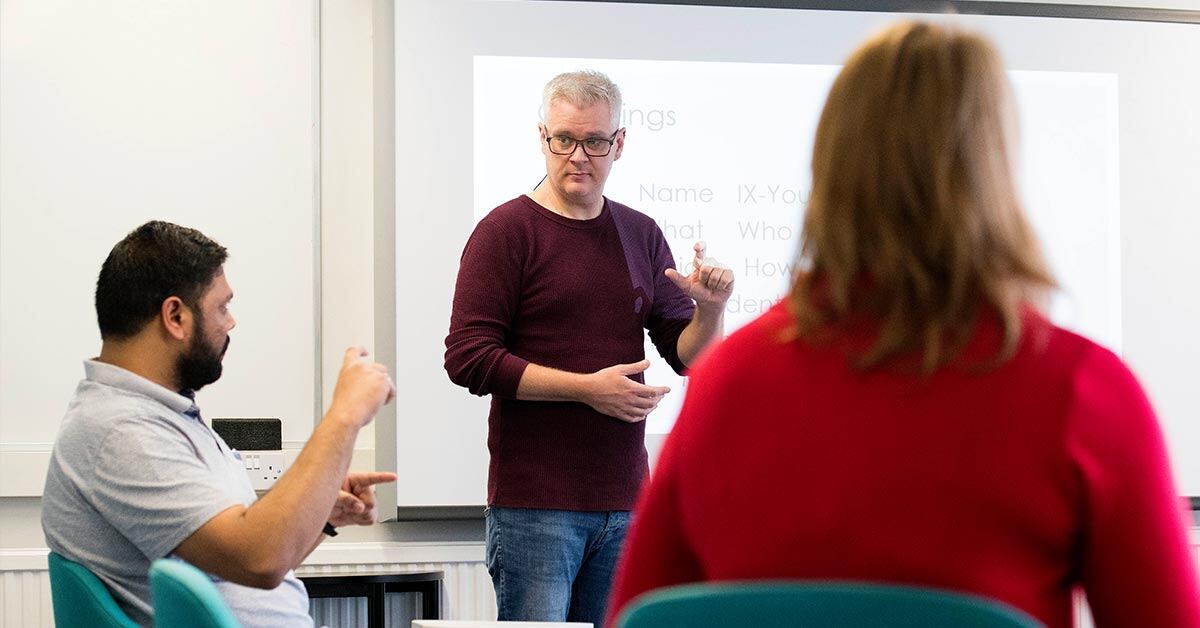
What is human resource management and why is it important?
When running a successful global organisation, you don’t just need employees to simply show up to work and do their job – it’s vital to success to bring out the best in them to boost motivation, job satisfaction, staff retention, and productivity.
Human resource management plays a pivotal role in helping to ensure people working within an organisation feel valued, heard, and that they are able to do their job to the best of their potential.
It also plays an important role in shaping workplace culture and ensuring the ongoing success of an organisation.
What is human resource management?
Human Resource Management (HRM) involves the recruiting, hiring and ongoing management and support of an organisation’s staff.
A core function of HRM is fostering a company culture that reflects the values of the organisation, and empowering employees to be able to do their best work and feel valued as an employee.
Just some of the other functions HRM can serve within an organisation include:
-
Improving communication and collaboration among employees
-
Developing HR policies and procedures
-
Actively seeking and offering training opportunities
-
Developing career and development plans
-
Maintaining channels for regular employee feedback and follow-up
-
Addressing employee grievances
-
Fostering diversity and inclusion in the workplace
Why do organisations need human resource management?
Having effective HRM staff or teams in place is central to securing, supporting and retaining one of an organisation’s greatest assets – its people.
By cultivating a safe, inclusive and collaborative workplace where employees feel valued, heard and motivated, organisations are in a strong position to get the most out of their staff and boost their productivity. It also means they can retain staff over the long-term – saving them valuable time, money and effort.
What are some of the challenges human resource management deals with?
An important part of human resource management is evaluating and managing employee performance. This can pose challenges in terms of effectively striking a balance between employee satisfaction and employee performance – HRM leaders need to keep employees happy, while at the same time ensure they are performing effectively.
Another challenge HRM leaders may face is effectively dealing with global workforces. In today’s world, business has very much gone global.
HRM leaders need to have an in-depth understanding of the cultural differences between international workforces. They also need to adapt their practices in certain cases to ensure that their global workforce is inclusive, communicative and collaborative.
How can an MSc Human Resource Management help you succeed as a human resource professional?
People management and leadership is complex in today’s globalised business world. An MSc Human Resource Management can equip you with an advanced level of knowledge, understanding, and ability when it comes to both people management and leadership in the global workplace.
With 1:1 support, guidance and mentorship from global industry-leading experts in HRM, you’ll learn how to effectively analyse business needs, drive changes in organisational culture, improve internal performance, and bring about the best in your organisation’s people.
Discover how the University of Central Lancashire’s online MSc Human Resource Management can empower you to effectively lead global workforces and shape organisational cultures:
Related posts
See all
How does HR support employees?
Explore the essential role of HR teams in business, supporting employees through onboarding, talent...
Read the story
Your Guide to HRM Software
Discover how HRM software can revolutionise your business efficiency and employee management with...
Read the story
How does culture affect HR management?
Gain a deeper understanding of how HR teams must consider employee culture, how to do so, and the...
Read the story